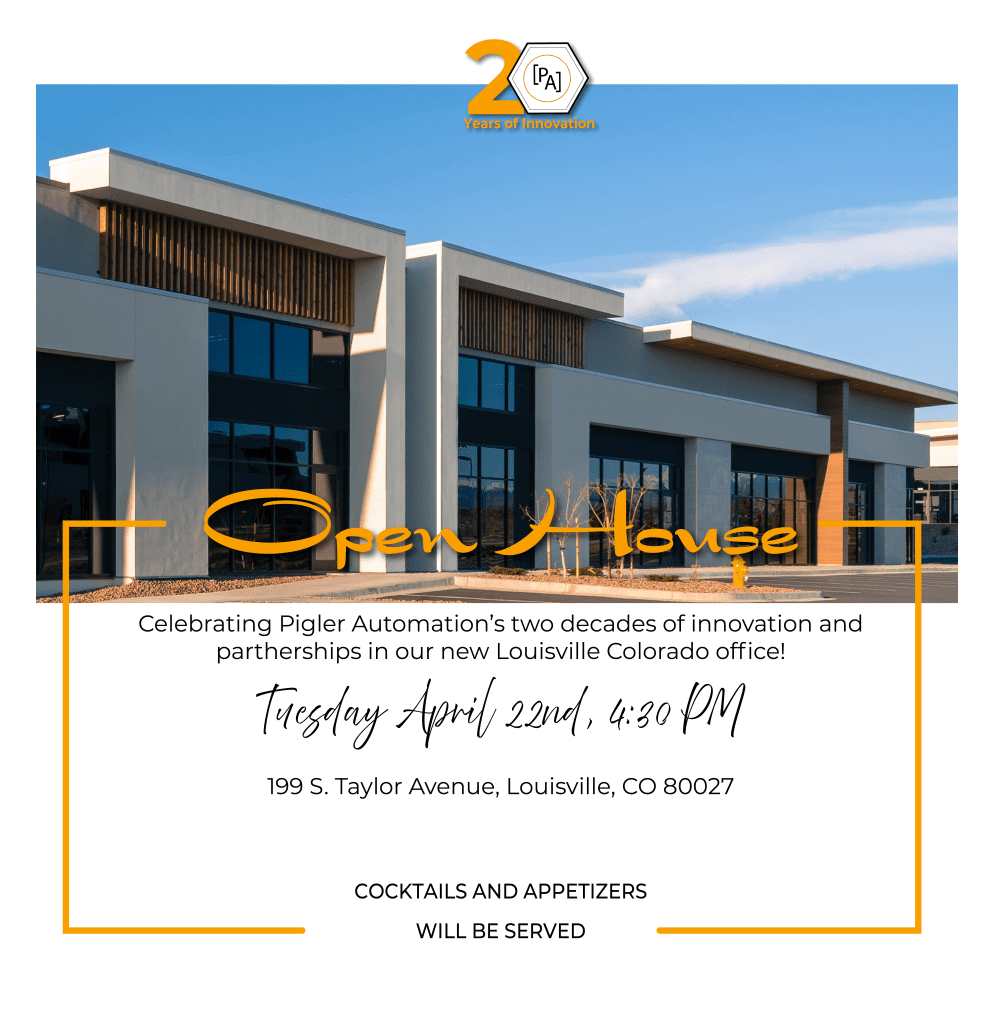Imagine this: one of your most seasoned operators drops by your office to say they’re planning to retire. They’ve worked at the plant for decades. They understand every detail of the system, every shortcut, and every sound a machine makes before it signals a problem.
At first, there are congratulations and well-wishes. But then reality sets in. Leadership begins asking the tough questions:
- Who else knows how to restart that line after a trip?
- Do we have the batch process logic documented anywhere?
- What happens if something fails the week after they leave?
- And who can we tap to fill the hole they’re leaving behind?
It’s a mix of pride in their legacy and worry about the knowledge leaving with them — a reality plants face as their aging workforce retires. That’s why plant operator training has never mattered more
The difference between a rookie who hesitates and one who steps in confidently isn’t just natural ability. It’s the training, structure, and support you establish as a manager.
Your role isn’t just to supervise — it’s to coach. And just like a great coach has a playbook, managers need proven tactics to help new operators build confidence and consistency from day one.

Avoiding the Early Fumbles
When a seasoned operator retires, the next challenge isn’t just finding someone to sit in the chair — it’s making sure the person stepping in can perform with confidence. And that’s where many plant operator training programs fall short.
The most common confidence killers for new operators are:
- Overwhelming onboarding → dropping a binder of procedures on their desk with little context.
- Unclear expectations → no clear picture of what “good” performance looks like.
- Lack of feedback → operators don’t know what they’re doing right, only what went wrong.
For a rookie, these early experiences influence their perspective. A cautious start can cause doubt, slower decisions, and reliance on others that undermine long-term confidence.
Tips for Building Operator Confidence
The good news is that confidence isn’t left to chance — it can be built deliberately with a few simple habits:
- Break training into smaller sessions so new operators aren’t overloaded on day one.
- Define benchmarks clearly so everyone knows what success looks like.
- Balance feedback by correcting mistakes and recognizing progress.
These small shifts early on can make the difference between an operator who hesitates and one who grows into a reliable performer.
Run the Mentor Pass
Confidence grows faster when new operators realize they’re not alone. Mentorship and guidance provide rookies with a trusted source of knowledge, someone who can turn manuals into practical skills and offer reassurance under pressure.
Without that support, new operators often:
- Struggle in silence instead of asking questions.
- Waste time reinventing solutions to problems experienced staff already know.
- Develop bad habits that stick because no one is correcting them.
Left unchecked, this lack of mentorship slows development and leaves operators hesitant when decisions matter most.
Tips for Effective Mentorship
- Pair every new operator with a mentor for their first 90 days.
- Encourage job shadowing during critical processes, not just routine tasks.
- Create open space for questions — even the “basic” ones — without judgment.
- Rotate mentors when possible so operators are exposed to different perspectives and styles.
Mentorship is one of the simplest, most effective ways to transfer knowledge before it’s lost. For new operators, having a trusted guide is the difference between hesitation and confident action.
Practice with Structured Reps
Confidence doesn’t come from reading procedures — it comes from doing. That’s why plant operator training should always include practice opportunities, not just classroom sessions.
Without practice opportunities, they may:
- Hesitate in real situations because they’ve never rehearsed them.
- Make preventable mistakes during critical operations.
- Rely too heavily on others instead of trusting their own judgment.
Over time, this lack of practice keeps rookies from developing the “muscle memory” they need to act decisively when it counts.
Tips for Building Muscle Memory
- Use simulation tools or digital twins to let operators practice scenarios without plant risk.
- Create short, repeatable drills — like responding to alarms or restarting equipment — so skills become second nature.
- Incorporate practice into daily routines instead of isolating it to training days.
- Review drills as a team so operators learn not just from their own reps, but from each other’s.
When operators practice in safe, structured ways, they walk onto the plant floor ready to perform — not to guess.
Provide a Clear Playbook
Even the most confident and experienced operators need a backup.
Documentation and reference guides act as a safety net that stops hesitation from leading to errors. Without clear, accessible resources, new operators often:
- Waste valuable time hunting through outdated manuals.
- Rely on memory instead of having a reliable process to follow.
- Avoid taking action altogether for fear of getting it wrong.
The result is slower decisions, inconsistent performance, and added strain on more experienced staff who constantly get pulled in to answer questions.
Tips for Effective Documentation
- Create quick-reference guides tailored to real plant operations — not just generic manuals.
- Use visuals and checklists that are easy to scan under pressure.
- Document logic and process flows so operators understand why steps matter, not just what to do.
- Keep documents living, not static — update them as systems and processes evolve.
Clear, practical documentation becomes the playbook operators can trust. Instead of second-guessing or waiting for help, they can move forward with confidence.
Build a Confidence-First Culture
Confidence-first doesn’t mean inflating egos or encouraging operators to “fake it until they make it.” It means creating an environment where confidence is built on preparation, practice, and support — not left to chance.
When operators feel prepared and supported, they’re more willing to step forward, make decisions, and learn from experience. Without that foundation, even well-trained operators may:
- Hesitate to speak up or admit uncertainty.
- Hide mistakes instead of learning from them.
- Burn out from pressure or lack of support.
A culture that values growth and teamwork turns rookies into reliable contributors faster — and keeps experienced staff engaged as mentors.
Tips for a Confidence-First Culture
- Recognize progress, not just perfection — highlight small wins publicly, not just mistakes privately.
- Encourage questions and curiosity — create an environment where learning is expected, not penalized.
- Promote peer recognition — build habits where operators encourage each other, not just wait for management’s praise.
- Treat projects as shared victories — reinforce that performance is a team effort, not an individual burden.
Confidence spreads when it’s grounded in preparation and trust. A supportive, collaborative environment ensures operators don’t just know the plays — they trust each other to execute them together.
The End Zone: Strong Teams, Confident Operators
Across the industry, seasoned operators are retiring and taking decades of knowledge with them. The skills gap is growing, and new operators are stepping into roles that feel larger than their training.
That’s why building operator confidence isn’t optional — and it can’t be solved with training alone. True confidence comes from a broader playbook: helping operators avoid early fumbles, surrounding them with mentorship, reinforcing skills through structured practice, supporting them with clear documentation, and strengthening them through a culture that prioritizes confidence.
It’s the same playbook we follow every day with our own team at Pigler. And through EXPERTCONNECT+, we help managers put it into practice with their teams — providing the tools, structure, and ongoing support to build confident operators and resilient plants.
Don’t Let Experience Leave the Field
Connect with us to explore how we can help your team build confidence and prepare for the future.


